5 Rappers Who Addressed Their Addictions
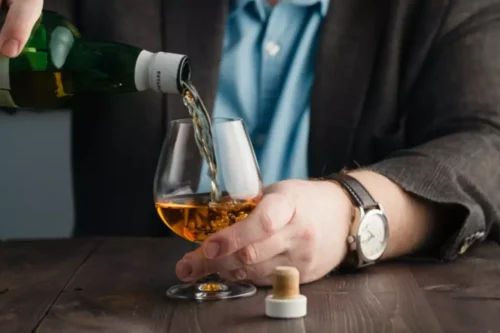
What’s more is that Lil Peep had uploaded footage to Instagram of himself doing the drugs that killed him just hours before his death. Kid Cudi has been open about his struggles with mental health and substance abuse. His substance use worsened as his music gained more recognition. Through the years, various high-profile rappers have entered rehab for substance abuse or mental health problems. Among the 38 most popular rap songs from 1979 to 1984, about 11 percent contained drug mentions. Nineteen percent of songs in the late 1980s that were included in the study made references to substance abuse.
Music Videos with Nudity: The Sexiest Music Videos
- A few famous rap stars who are sober even inspired other hip hop stars to kick their addictions for good.
- Judging by his boundless energy and creative mind, he’s doing just fine without it.
- Kid Cudi has been open about his struggles with mental health and substance abuse.
- In fact, new evidence published in The Lancet indicates that while a reduction in alcohol consumption is always a good idea, there seems to be no threshold of alcohol consumption where there are no health risks.
- Her passing was an immense loss to both the hip-hop community and her devoted fan base.
- Unlike some of his fellow Odd Future members, Tyler, The Creator made a deliberate decision to not smoke or drink.
“No to drugs, I never spark it”, Tyler said on the first track of his very first project, Bastard. One of Kendrick Lamar’s first big hits, ‘Swimming Pools (Drank)’ addressed some of his experiences with alcohol and his feelings towards it. British actor Tom Holland, known for playing Spider-Man, opened up earlier in the year about his sobriety. On Jay Shetty’s podcast, On Purpose, he admitted that quitting alcohol was ‘the best thing I’ve ever done’ after realising the extent of his dependence.
Xanax, Ecstasy and Codeine Celebrated in Rap Community
When he began using opioids, he experienced a burst of euphoria he had never before felt. Those who survived their use of the drug dealt with severe physical and psychological problems that included hallucinations, seizures, psychosis, depression and addiction. Over a brilliant instrumental De La Soul relate about a (fictional) brother who went from starting to use drugs at a young age to becoming a full-fledged addict later on. A clever track in which MC Shan depicts crack cocaine as a girl he fell in love with, a girl he warns others to stay far away from. «Smoking weed wasn’t ever a dependency for me. A lot of people use it as a dependency. They wake up in the morning angry, and smoke. It never was a dependent for me, so it never was a crutch, really.» In an interview with HipHop-N-More, Cole opened up about weed never really being his thing, and said that he really only talks about drug addiction treatment weed to relate to some of his fans.
Joe Budden
Although the star isn’t a complete teetotaler, she has attributed her success to drinking responsibly and steering clear of drugs. “Everything bad would happen,” she said of her prior drug use, speaking to People. Common is well known as a conscious rapper who advocates for love, peace, and all things pure. Despite being connected to the mainstream party culture, Common parties clean.
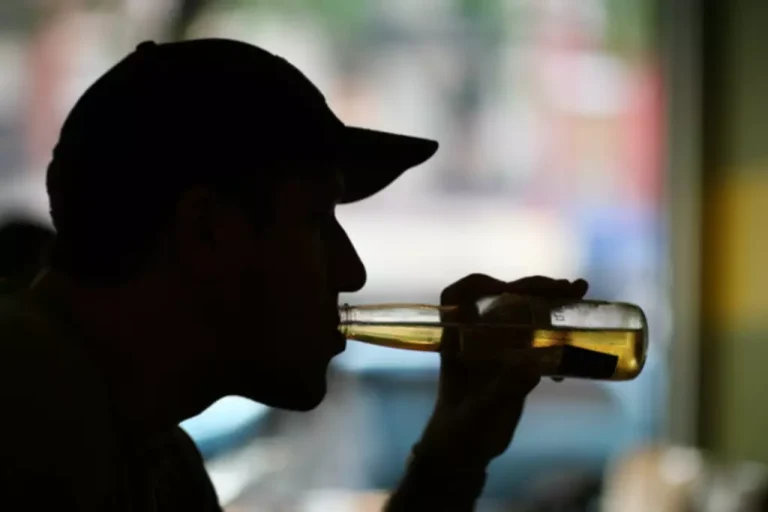
In the first verse, Lil Chano seems to make reference to the fairytale, Peter and Wendy. And it sounds like he’s attempting to share parallels between his failed relationship to that of Peter Pan and Wendy’s in the J. M. Barrie play, in which Wendy ultimately jilts Peter and their free-spirited lifestyle, opting to return home to her mother, while Peter remains steadfast in his ideals of never growing up. Throughout the song, Chano uses the story of Peter Pan—and its 1991 film adaptation Hook—as an allegory to better illustrate how they grew apart from each other. Recovery Unplugged is a national behavioral health treatment organization with locations across the country that combines evidence-based practices with music to help patients more readily embrace treatment.
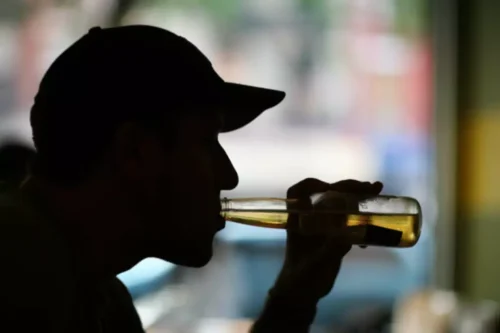
- Several dinosaurs are out there living by the drug-free, or straight edge, code.
- Meaning, complete abstinence is still preferential for the best illness prevention.
- First on our list of rappers who overdosed is multi-platinum rapper DMX.
- But as he clarified in a one-on-one interview with Complex in 2013, he was able to make a song about smoking weed because he stepped away from it in 2011.
Yet another rapper who had a tragic accidental overdose is Steven “A$AP Yams” Rodriguez, the co-founder and visionary behind Harlem’s A$AP Mob collective. On May 1, 2013, at the age of 34, he was discovered unresponsive at his home in Atlanta. The toxicology report later confirmed that his death was from a combination of opiates and stimulants, more specifically, heroin and cocaine. Lil Peep, or Gustav Elijah Åhr, passed away on November 15, 2017, and his death was ruled as accidental overdose. His passing represented a notable loss to the music industry, marking yet another star claimed by the opioid epidemic. Referring to her as a «stranger,» he begins to wonder if she too misses their days of being young, wild, and free.
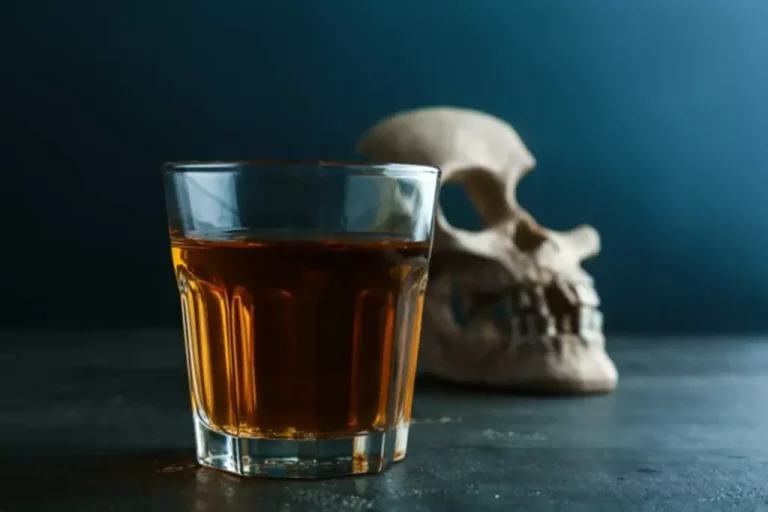
Lil Peep’s death was something I expected from a more famous rapper — someone already entrenched in rap culture — not someone so new to the industry. After all, don’t the problems with drugs usually come after the fame? My shock arose more from rappers that dont do drugs who died, rather than the fact that there was a drug-related death at all in the rap scene — indicative of the deep-rooted problems with the culture. Last on our list of rappers who overdosed is the “Solcyboyz 2” rapper Big Scarr. He was at his girlfriend’s house in Memphis when he was found dead on December 22, 2022.
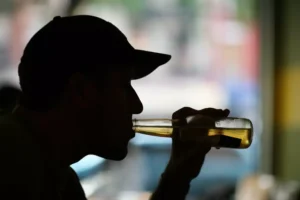
This list isn’t just about who’s the best rapper in the world; it’s about recognizing those artists who have left an indelible mark in the rap scene. Fame in rap isn’t confined to chart-topping hits or massive fan followings alone; it encompasses media presence, influence, and the ability to resonate with audiences globally. A shifting attitude toward addiction and mental illness has taken place among the rap community.


